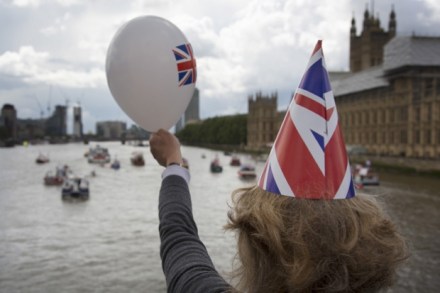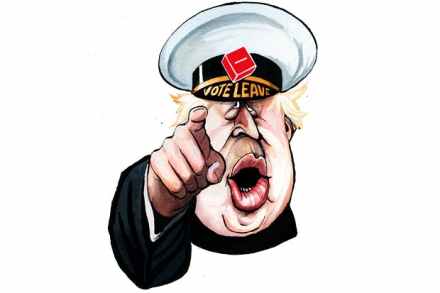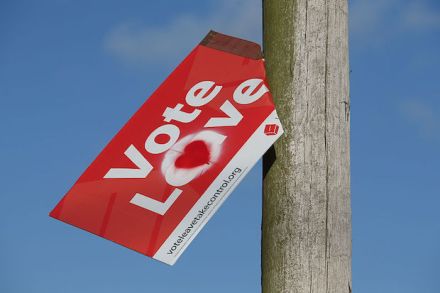Secularism’s view on violence is less humane than Christianity’s
Let’s say that a man kills a few people at random in your neighbourhood – on the street in broad daylight. Is it better or worse if he justifies his killing spree as part of a holy crusade? In other words, which is worse – terrorism or meaningless psychotic violence? I am aware that this is something I perhaps should not admit, but when reports emerge of such attacks, I sometimes catch myself hoping that it is terrorism, not just meaningless madness. Maybe the journalist in me wants a chunkier story, linked up to world events. But the main motive is wider, I think: we can view the evil of




















